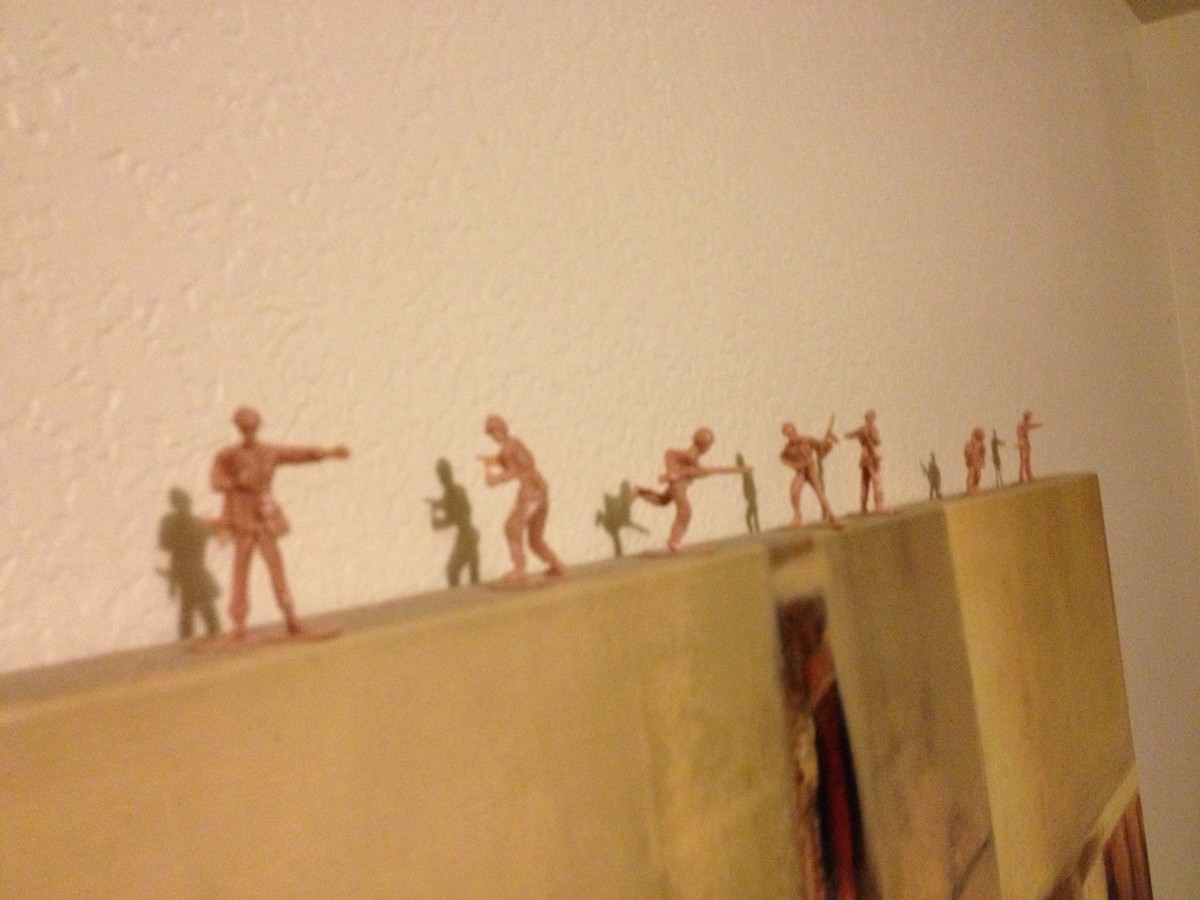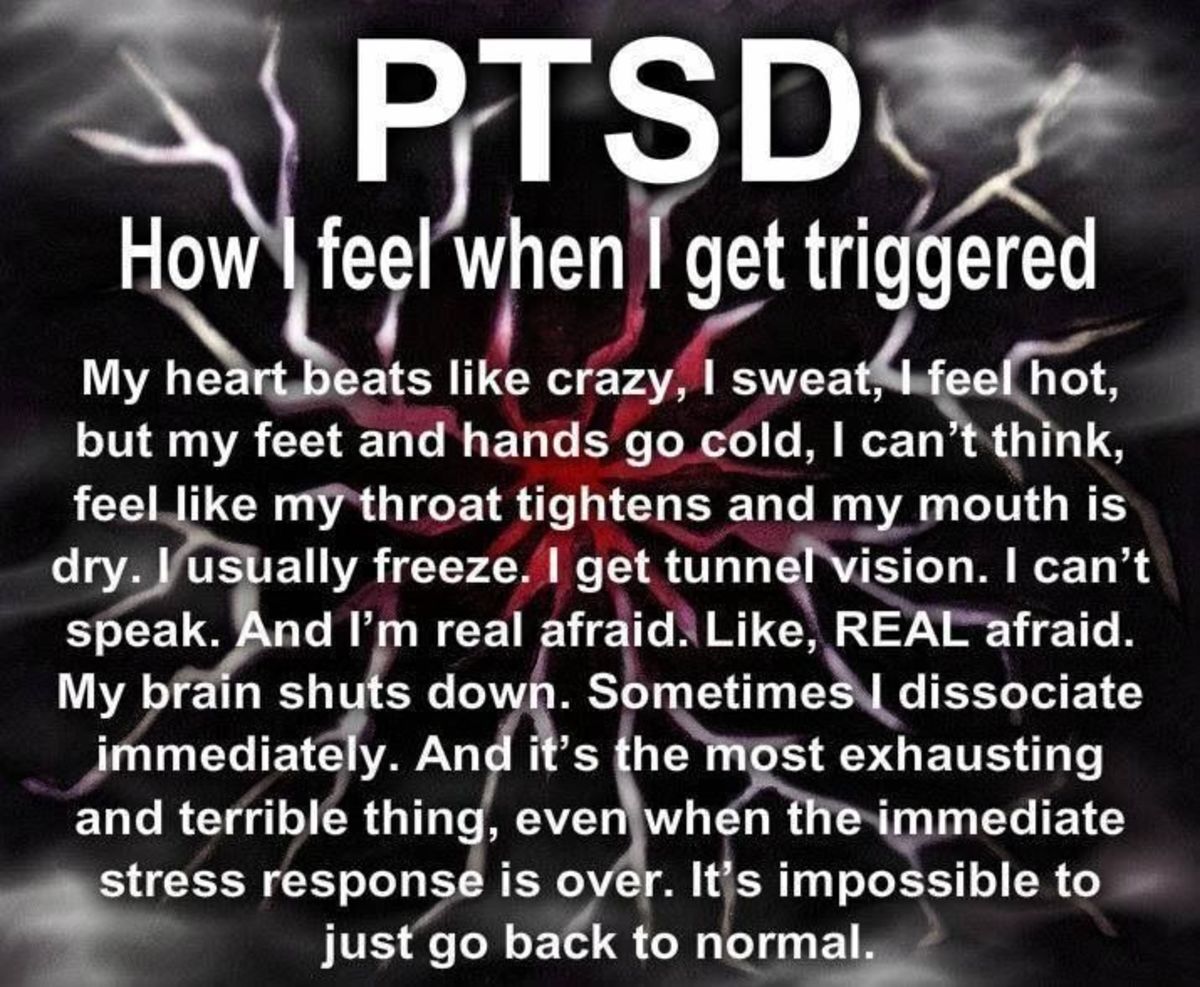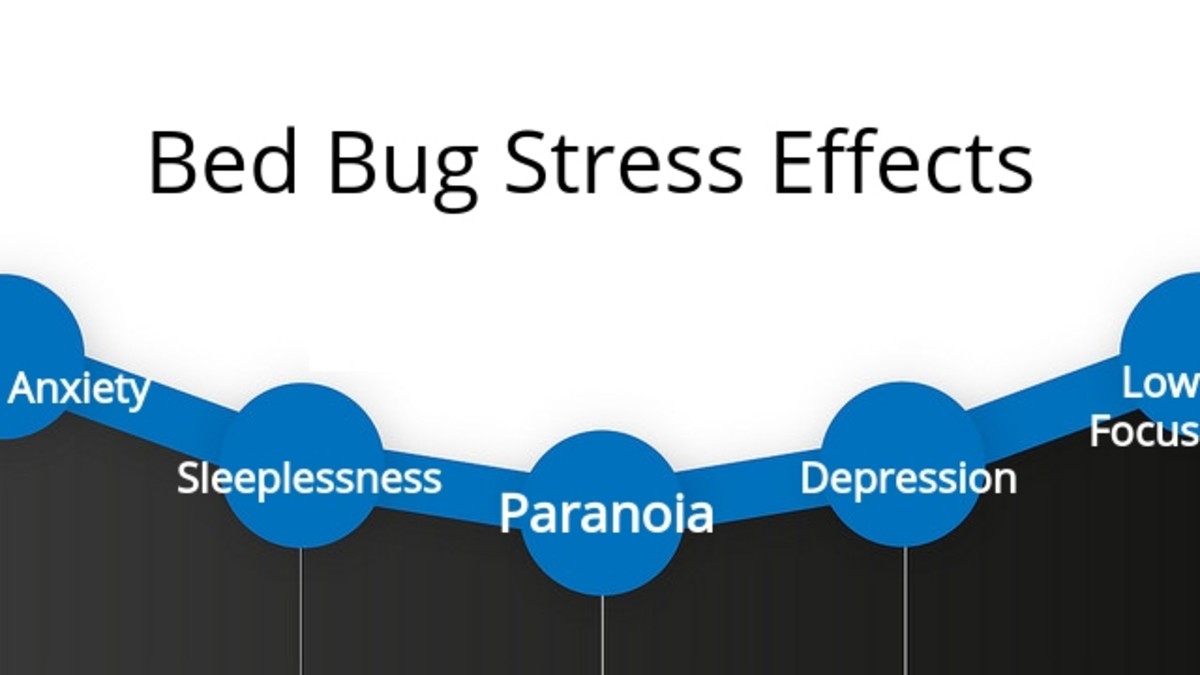- HubPages»
- Health»
- Mental Health»
- Anxiety Disorders
Post-Traumatic Stress Disorder: A Serious Mental Health Condition
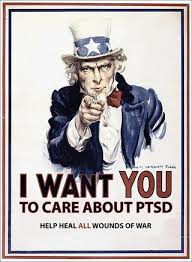
What is Post-Traumatic Stress Disorder
Post-Traumatic Stress Disorder, or PTSD, is a mental health condition that can occur after an event where something terrible, disturbing, and/or scary happens. While this disorder usually effects the people who either experience or witness the event, some people develop PTSD after a friend or family member experiences danger or are harmed. Anybody can have PTSD, including children, and women are more likely to develop the disorder than men. There is some evidence that susceptibility to PTSD may be genetic, but it is not clear on why some people develop the disorder, or why it may take time to develop.
Common examples of events that can lead to PTSD are: combat exposure, child abuse (both physical and sexual), a terrorist attack, serious accidents (like a car accident or plane crash), being mugged, being raped, being kidnapped or held hostage, and natural disasters (like a fire, tornado, hurricane, flood, or earthquake). Also, the sudden, unexpected death of a loved one can also bring on PTSD.
Developing PTSD depends on many different variables; like how intense the trauma was and how long the event lasted, whether or not you were injured of lost someone important to you, how close you were to the event, how strong your reaction was, how much you felt in control during and after the event, or how much help and support you get after the event.
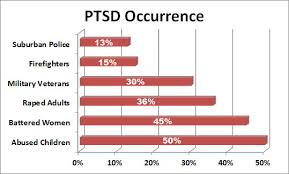
PTSD Occurence
Returning war veterans have helped bring this issue into the mainstream, but they are just a fraction of the people who develop PTSD. As you can see by the chart from a 2013 study, abused women and children suffer higher numbers than anybody.
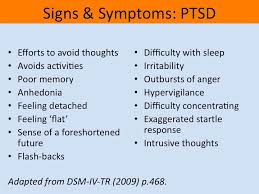
The Signs and Symptoms of PTSD
The symptoms of PTSD usually start soon after the traumatic event, but they not appear until months or years down the road. Some of the symptoms may come and go over the years. If the symptoms last longer than four weeks, cause you great distress, or interfere with you work or home life, you might have PTSD.
Here are some of the symptoms:
- Reliving the event: Memories can comeback at anytime, and sometimes the person reliving the event can still feel the same fear and horror. They can hit you in the middle of the day or come as a dream or nightmare. These memories, also called flashbacks, can be triggered by a sight, hearing something, smelling something, a news report, or hearing a car backfire.
- Avoiding situations that remind you of the event: Being around places, activities, situations, or people can trigger severe emotional distress or physical reactions. People who have PTSD will try to avoid putting themselves in these situations. If they were in a care accident, they will try not to drive. They may avoid large crowds because they think it is too dangerous. They won't want to talk about it and you may notice them keeping themselves very busy so they can't think about it. They will also use the business as an excuse to not seek help.
- Negative changes in beliefs and feelings: The way a person with PTSD thinks about themselves and others may change. You might see them not trusting the people the use to and having difficulty maintaining close relationships. They may typically feel fear, guilt, and/or shame. They may even lose interest in doing activities they used to enjoy. A person with the disorder may appear emotionally numb or have the inability to experience positive emotions.
- Feeling "Keyed Up": This is also known as hyper-arousal. Someone with the disorder may always be jittery, alert, and looking out for danger. They may also have trouble concentrating or sleeping. Irritability, angry out bursts, and aggressive behavior are also common. At a restaurant or in a waiting room, they may want to have their backs to a wall so they can watch over the place with out having to worry about someone sneaking up behind them.
- Self-destructive behavior: The guilt or shame someone feels from a traumatic event may cause them to act abnormally. They might start drinking more than they used to, and more often. They may also turn to drugs to help them either forget or feel numb. They might start driving faster and more erratic. They may also have suicidal thoughts and may think that it is their only way out.
PTSD in Children
As sad as it seems, children can have PTSD. Their symptoms can be the same as an adult. Children can also show other symptoms, depending on how old they are. Children may get upset if their parents are not close by, or even sadder, because they are being abused either physically or sexually.
- Birth to Age 6: Children of this age group may have trouble sleeping. They may suddenly have problems being potty trained or going to the bathroom. Forgetting how to or being unable to talk has also been known to happen.
- Age 7 to 11: These kids may act out the trauma through play, drawings, or stories. Some have nightmares or become irritable and/or aggressive. These kids may also try to avoid school or have trouble with school work or maintaining and playing with friends.
- Age 12 to 18: These teens have symptoms similar to adults. They may show depression, anxiety, withdrawal, or reckless behavior such as substance abuse or running away.
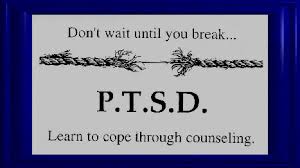
Available Treatments
Dealing with PTSD can be hard because you have to face your past. Someone dealing with PTSD will try to keep their feelings bottled up instead of telling others how they feel.
There are two main types of treatment, psychotherapy (sometimes called counseling) and medications. Everyone is different, so a treatment that works for one person may not work for someone else. It is important that anyone with PTSD be treated by a mental health provider who is experienced with PTSD.
Psychotherapy: Psychotherapy, also known as "talk" therapy, involves talking with a mental health provider to treat a mental illness. This can be done by either one-on-one sessions or in a group session. There is no real timetable on how long someone with PTSD will be treated because everyone is different. It is important to keep in mind that support from family and friends can be an important part of therapy. Many different types of psychotherapy can help with PTSD. Some types target the symptoms of the disorder directly while others focus on social, family, or job-related problems. The doctor or therapist may combine different therapies depending on each person's needs.
Types of Therapy:
- Prolonged Exposure (PE) Therapy: This therapy helps people face and control their fears. It exposes them to the trauma they experienced in a safe way. PE uses mental imagery, writing, or visits to the place where the event happened. The therapist uses these tools to help people with PTSD cope with their feelings.
- Cognitive Restructuring Therapy: This therapy helps people make sense of the bad memories. Sometimes people remember the event differently than how it happened. They may feel guilt or shame about what is not their fault. The therapist helps people with PTSD look at what happened in a realistic way. This therapy is often used with PE.
- Stress Inoculation Training: This therapy tries to reduce PTSD symptoms by teaching a person how to reduce anxiety. Like Cognitive Restructuring Therapy, this treatment helps people look at their memories in a healthy way.
Medications: The U.S. Food and Drug Administration (FDA) has approved two medications for treating adults with PTSD: sertaline(zoloft) and paroxetine(paxil). Both medications are antidepressants. They may help control the symptoms of PTSD such as sadness, worry, anger, and feeling numb inside. Taking these medications can make it easier to go through psychotherapy.
Other Medications:
- Benzodiazephines: These medications may be given to help people relax and sleep.
- Other antidepressants: Fluoxetine(prozac) and citalopram(celexa) can help people with PTSD feel less tense or sad. For the people who have other anxiety disorders or depression, antidepressants may be useful in reducing symptoms of the co-occurring illnesses.
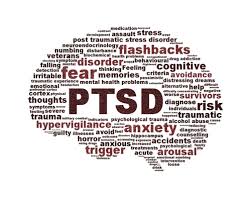
Wrapping It Up
Post-Traumatic Stress Disorder effects numerous people, whether it be a soldier returning from combat, a child that has been neglected or abused, a woman (or a man) that has been abused, mugged, or raped, a policeman seeing something while protecting us, or a fireman seeing something while putting out a fire. It is important to remember that there is help out there. If you know someone who has, or you think they have PTSD, don't be afraid to try to talk to them about it. They may try to avoid the topic, but letting them you know are there for them is important. Remember, a supportive group of family and friends is just as important as therapy and/or medication.
References
- www.ptsd.va.gov
- www.mayoclinic.org
- www.nimh.nih.gov
Where Can I Get Help?
- Suicide Prevention Hotline and the Veterans Crisis Line - 1-800-273-8255
- You can ask your Primary Care Physician about therapists that specialized in PTSD.
- If it is really bad, you can go to the emergency room or call 911.
- You can search the internet for local therapists, just make sure that you are careful.
If you knew someone with PTSD, would you push them to seek help?
© 2015 Kingsniz


